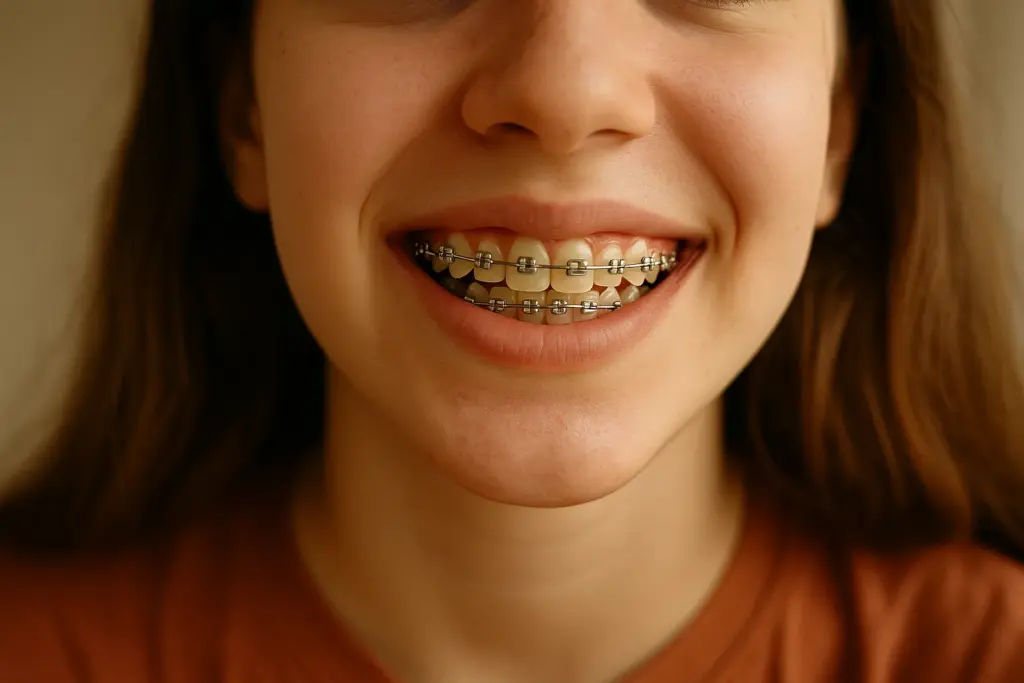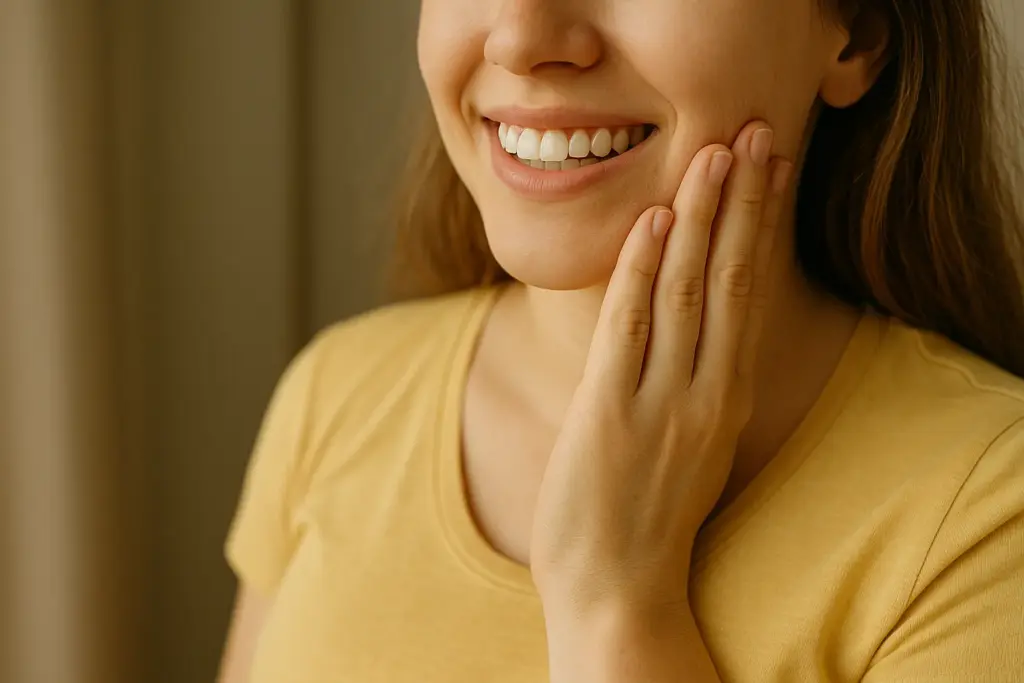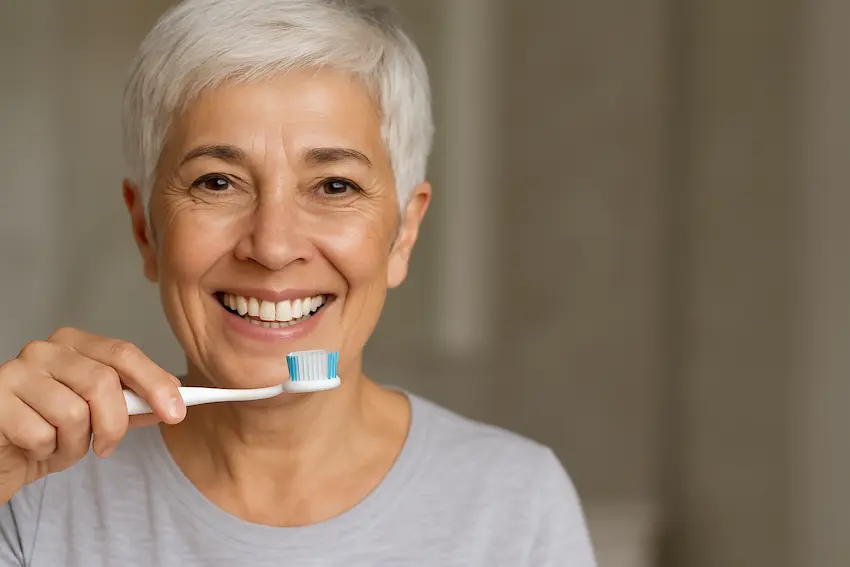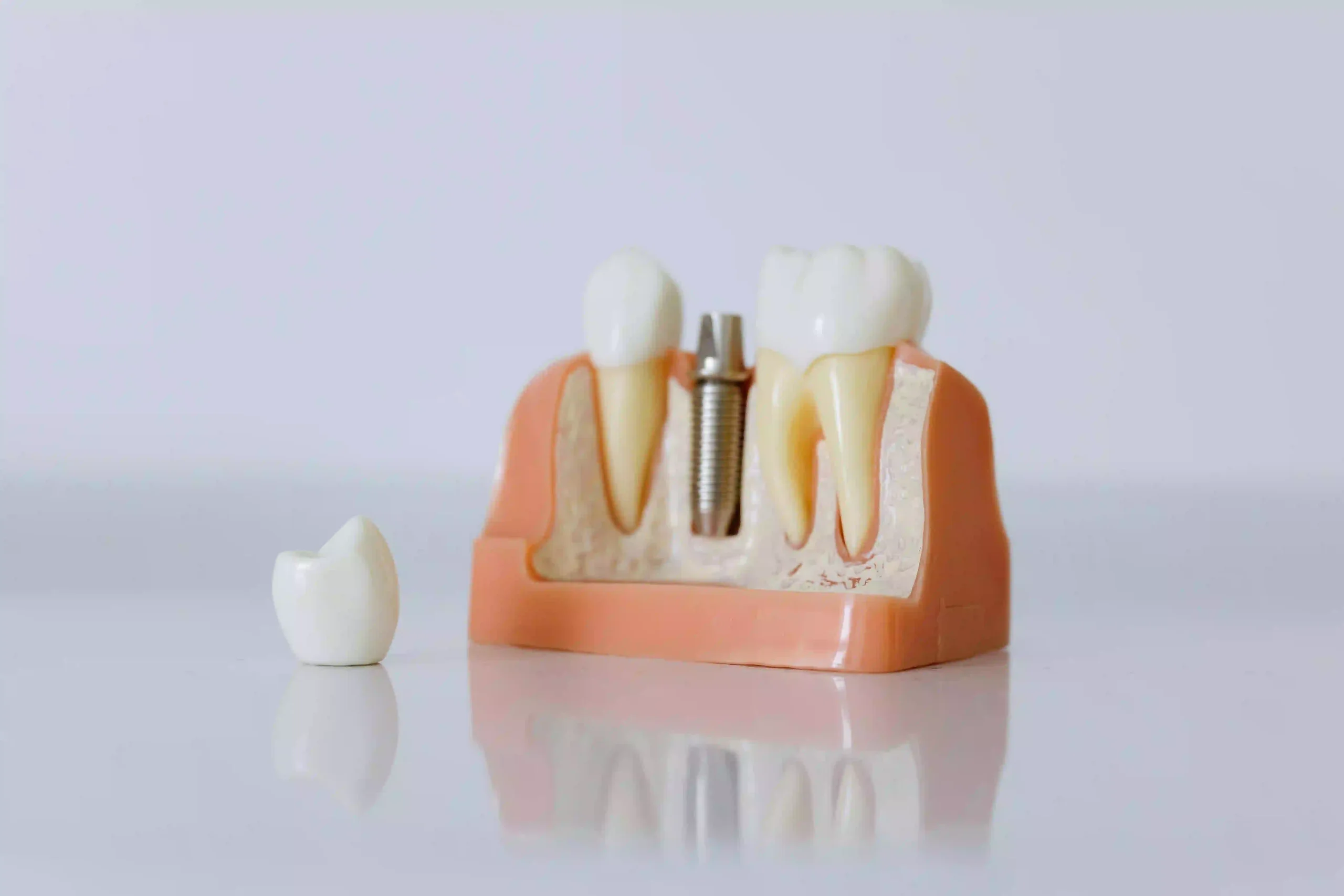How Hormones Affect Your Teeth at Different Life Stages?
Hormones in our bodies are like directors behind the scenes at a play—most of the time you don’t see them, but they do a lot more than you think. Of course, they impact character, vigor, and the body; still, it is also possible that they are in charge of the health of teeth and gums as a main feature? From puberty to pregnancy to menopause, hormone levels have changed—and along with that, oral health has changed.
Knowing the relation between them is not only a fun science fact, but it is also the main key to keeping a beautiful, healthy smile, which we call “Hollywood Smile“. When you are aware of your body’s hormonal “plot twists,” you will be able to take preventive measures to avoid the possible damage to your teeth and gums. And the great news? The contemporary dental care, especially at the Lema Dental Clinic in Istanbul, can bring the smile that you desire and look flawless, no matter what your hormones are up to.
The Connection Between Hormones and Oral Health

Hormones such as estrogen, progesterone, and testosterone don’t run the whole world; they only control reproduction. They also impact the natural resistance of the mouth. These chemicals can affect blood flow to the gums, the body’s inflammatory reaction, and even the quantity of saliva. When they are not stable, the gums can be more hypersensitized, can easily swell, and can bleed for less.
Saliva plays a very important role in keeping the mouth clean as it removes bacteria and neutralizes acids. But during hormonal changes, saliva flow can be reduced, leading to the teeth being more vulnerable to cavities and gum infections. This is the reason why most people come across unexpected oral health changes during life when hormones take big swings. If your dentist has found the onset of inflammation or your gums feel sensitive all of a sudden, then hormones could be the cause, which is the reason they are so difficult to find.
Hormonal Changes During Puberty and Their Impact on Teeth

Puberty is a rapid and dramatic change for your hormones—it changes everything very quickly, and your mouth is not an exception. After estrogen and testosterone are increased, it is very common for blood vessels in your gums to swell and for you to have more sensitive gums. You might feel that while you are brushing, your gums start to bleed or even feel pain.
For teenagers, it might be more difficult as they are always on the go with uncooperative schedules, braces, and their love for sweets, not to mention oral hygiene. And that is the reason why dentists recommend youngsters to focus their attention and care on the period of those years: regular checkups, daily brushing, and flossing. It is much harder to turn a habit of inflamed gums into a lifetime problem when the inflammation is caught at an early stage and thus avoided.
How Pregnancy Hormones Affect Gum Health
Pregnancy may be awesome, but the gums of a mother are certainly not excited. Progesterone during pregnancy is produced in very high amounts, and that is why a lot of blood is sent to the gum tissues, and these blood vessels become very sensitive to plaque bacteria. Mostly, this condition is referred to as pregnancy gingivitis– redness, swelling, and bleeding of the gums with a slight touch.
Sometimes, the onset of the “pregnancy tumors” can happen due to the process of inflammation in the gums, which are small nonmalignant lumps. They’re not harmful, but still, they can bother and look ugly. The answer? Regular dental visits and the most gentle and yet thorough cleaning. Besides that, customized treatment and extra care at home have been on-the-side solutions for Lema Dental Clinic patients, helping them to keep their gums healthy throughout pregnancy.
Menopause and Its Effect on Oral Health

It is a fact that during menopause, estrogen levels plummet, and the first impact may be on the smile. Estrogen helps keep bones strong, so when it is reduced, the jawbone that supports your teeth may be less strong. Thus, the deprivation of teeth becomes more likely if an infection in the gums has appeared.
The dryness, which accompanies menopause, is caused by the lack of saliva, and that already tight mouth space will be at a high risk of having cavities. Moreover, the burning mouth syndrome can also make the stomach emptying process quite hard due to the hot, tingling sensation. However, with the help of permanent dental care, including the right fluoride treatments, the use of saliva substitutes, and following doctors’ orders, the patient can successfully go through this phase.
The Role of Hormones in Gum Sensitivity and Inflammation
The hormones have a great influence on the reaction, even in the smallest of cases, of the gums, and this is true irrespective of the age of a person. Consequently, one can find inflammation turning up sooner, being more painful, and requiring more time to heal. The appearance of inflammation is not just a problem related to the looks of a person—it is a sign that the person suffers from gum disease, which, if not taken care of, ends up in tooth loss.
In case there is bleeding from your gums during the use of floss, do not overlook it. The cause could be hormonal sensitivity, but bacteria remain the ones that are responsible for the trouble. Using a toothbrush with softer bristles, changing to an anti-inflammatory mouth rinse, and getting professional cleanings are all easy steps in helping the restorative process to begin, and thus, saving the gums from long-term damage.
Professional Dental Care for Hormone-Related Oral Issues
Without a doubt, the dental care that everyone does at home is significant, but some oral changes due to hormones are only for the professionals to take care of. Dentists, before you may have symptoms, through changes in the texture of gums, stability of teeth, and health of oral tissue, can creep up on you silently.
At Lema Dental Clinic, the team recognizes that oral health issues vary with every life stage. Their method, which is individual, preventive, and positive, covers not only teenage braces checkups but also pregnancy-safe cleanings and menopause bone protection strategies. The focus of this care is not only on the prevention of problems but also on maintaining the beauty of your smile, irrespective of the changes caused by your hormones.
FAQ
Yes. Hormonal changes can make your gums more sensitive, more prone to bleeding, and more reactive to plaque bacteria.
High progesterone levels boost gum blood flow, making them more vulnerable to irritation and inflammation.
Yes. Lower estrogen can weaken jawbone density, raising the risk of gum disease and loose teeth.
Stick to excellent oral hygiene, see your dentist regularly, and use products designed for sensitive gums.
Yes. Puberty hormones can make gums swell and bleed more easily, even with regular brushing.




